Joseph M. Siracusa – Diplomacy – A Very Short Introduction
Joseph M. Siracusa – Diplomacy – A Very Short Introduction
Donald Critchlow – American Political History – A Very Short Introduction
Jussi M. Hanhimaki – The United Nations – A Very Short Introduction
Jennifer M. Gidley – The Future – A Very Short Introduction
Mark Maslin – Climate Change – A Very Short Introduction
Joseph M. Siracusa – Diplomacy – A Very Short Introduction
Info: Diplomacy means different things to different people, the definitions ranging from the elegant (“the management of relations between independent states by the process of negotiations”) to the jocular (“the art of saying ‘nice doggie’ until you can find a rock”). Written by Joseph M. Siracusa, an internationally recognized expert, this lively volume introduces the subject of diplomacy from a historical perspective, providing examples from significant historical phases and episodes to illustrate the art of diplomacy in action, highlighting the milestones in its evolution.
The book shows that, like war, diplomacy has been around a very long time, at least since the Bronze Age. It was primitive by today’s standards, there were few rules, but it was a recognizable form of diplomacy. Since then, diplomacy has evolved greatly, to the extent that the major events of modern international diplomacy have dramatically shaped the world in which we live. Indeed, the case studies chosen here demonstrate that diplomacy was and remains a key element of statecraft, and that without skilful diplomacy political success may remain elusive.
Donald Critchlow – American Political History – A Very Short Introduction
Info: The Founding Fathers who drafted the United States Constitution in 1787 distrusted political parties, popular democracy, centralized government, and a strong executive office. Yet the country’s national politics have historically included all those features. In American Political History: A Very Short Introduction, Donald Critchlow takes on this contradiction between original theory and actual practice. This brief, accessible book explores the nature of the two-party system, key turning points in American political history, representative presidential and congressional elections, struggles to expand the electorate, and critical social protest and third-party movements. The volume emphasizes the continuity of a liberal tradition challenged by partisan divide, war, and periodic economic turmoil.
It explores the emergence of a democratic political culture within a republican form of government, showing the mobilization and extension of the mass electorate over the lifespan of the country. In a nation characterized by great racial, ethnic, and religious diversity, American democracy has proven extraordinarily durable. Individual parties have risen and fallen, but the dominance of the two-party system persists. Fierce debates over the meaning of the U.S. Constitution have created profound divisions within the parties and among voters, but a belief in the importance of constitutional order persists among political leaders and voters. Americans have been deeply divided about the extent of federal power, slavery, the meaning of citizenship, immigration policy, civil rights, and a range of economic, financial, and social policies. New immigrants, racial minorities, and women have joined the electorate and the debates. But American political history, with its deep social divisions, bellicose rhetoric, and antagonistic partisanship provides valuable lessons about the meaning and viability of democracy in the early 21st century.
Jussi M. Hanhimaki – The United Nations – A Very Short Introduction
Info: The United Nations has been called everything from “the best hope of mankind” to “irrelevant” and “obsolete.” With this much-needed introduction to the UN, Jussi Hanhimäki engages the current debate over the organizations effectiveness as he provides a clear understanding of how it was originally conceived, how it has come to its present form, and how it must confront new challenges in a rapidly changing world.
After a brief history of the United Nations and its predecessor, the League of Nations, the author examines the UN’s successes and failures as a guardian of international peace and security, as a promoter of human rights, as a protector of international law, and as an engineer of socio-economic development. Hanhimäki stresses that the UN’s greatest problem has been the impossibly wide gap between its ambitions and capabilities. In the area of international security, for instance, the UN has to settle conflicts–be they between or within states–without offending the national sovereignty of its member states, and without being sidelined by strong countries, as happened in the 2003 intervention of Iraq. Hanhimäki also provides a clear accounting of the UN and its various arms and organizations (such as UNESCO and UNICEF), and he offers a critical overview of how effective it has been in the recent crises in Rwanda and the former Yugoslavia, for example–and how likely it is to meet its overall goals in the future.
Jennifer M. Gidley – The Future – A Very Short Introduction
Info: From the beginning of time, humans have been driven by both a fear of the unknown and a curiosity to know. We have always yearned to know what lies ahead, whether threat or safety, scarcity or abundance. Throughout human history, our forebears tried to create certainty in the unknown, by seeking to influence outcomes with sacrifices to gods, preparing for the unexpected with advice from oracles, and by reading the stars through astrology. As scientific methods improve and computer technology develops we become ever more confident of our capacity to predict and quantify the future by accumulating and interpreting patterns form the past, yet the truth is there is still no certainty to be had.
In this Very Short Introduction Jennifer Gidley considers some of our most burning questions: What is “the future “?; Is the future a time yet to come?; Or is it a utopian place?; Does the future have a history?; Is there only one future or are there many possible futures? She asks if the future can ever be truly predicted or if we create our own futures – both hoped for and feared – by our thoughts, feelings, and actions, and concludes by analysing how we can learn to study our futures.
Mark Maslin – Climate Change – A Very Short Introduction
Info: Climate change is still, arguably, the most critical and controversial issue facing the world in the twenty-first century. Previously published as Global Warming: A Very Short Introduction, the new edition has been renamed Climate Change: A Very Short introduction, to reflect the important change in the terminology of the last decade.
In the third edition, Mark Maslin includes crucial updates from the last few years, including the results of the 2013 IPCC Fifth Assessment Report, the effects of ocean acidification, and the impact of changes to global population and health. Exploring key topics in the debate, Maslin makes sense of the complexities of climate change, from political and social issues to environmental and scientific ones. Looking at its predicated impacts, he explores the controversies, and explains various proposed solutions.
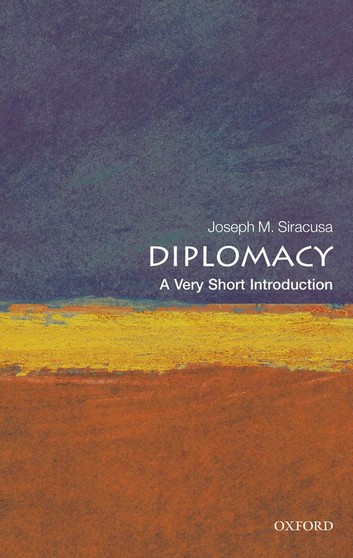 1 / 5
1 / 5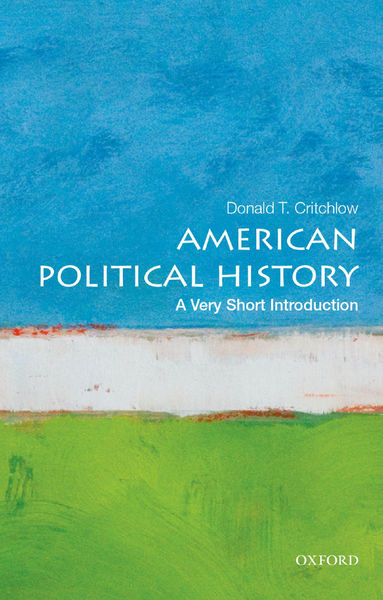 2 / 5
2 / 5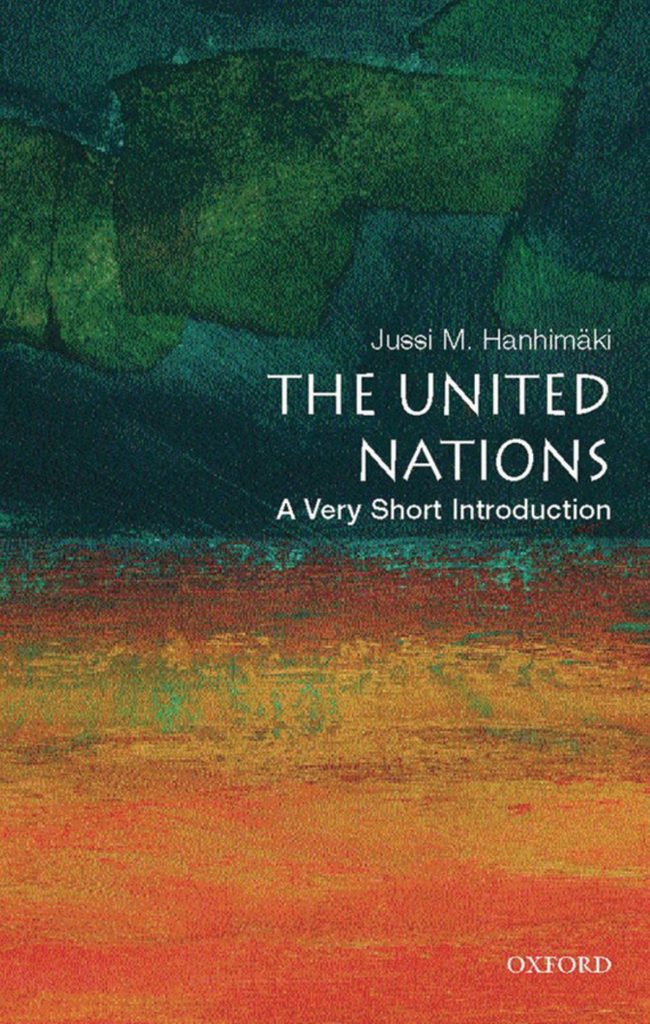 3 / 5
3 / 5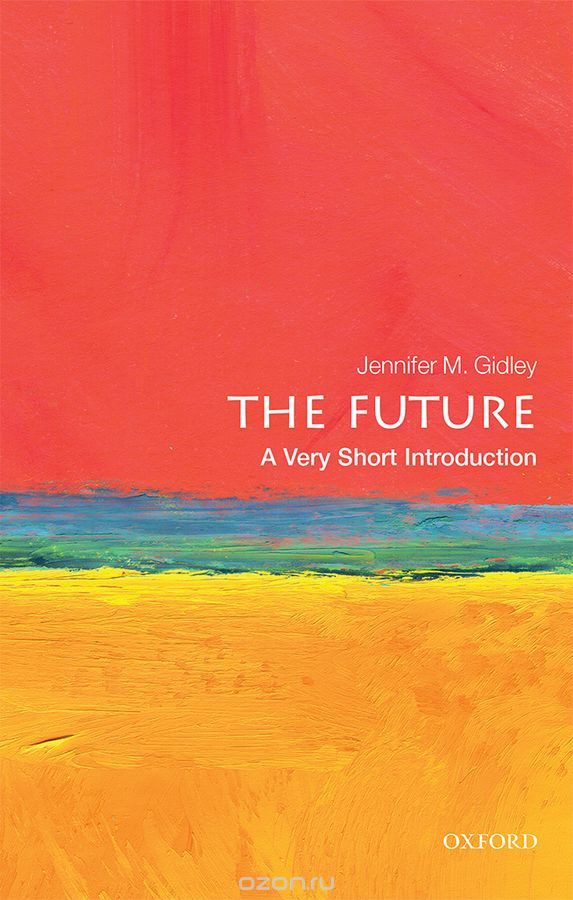 4 / 5
4 / 5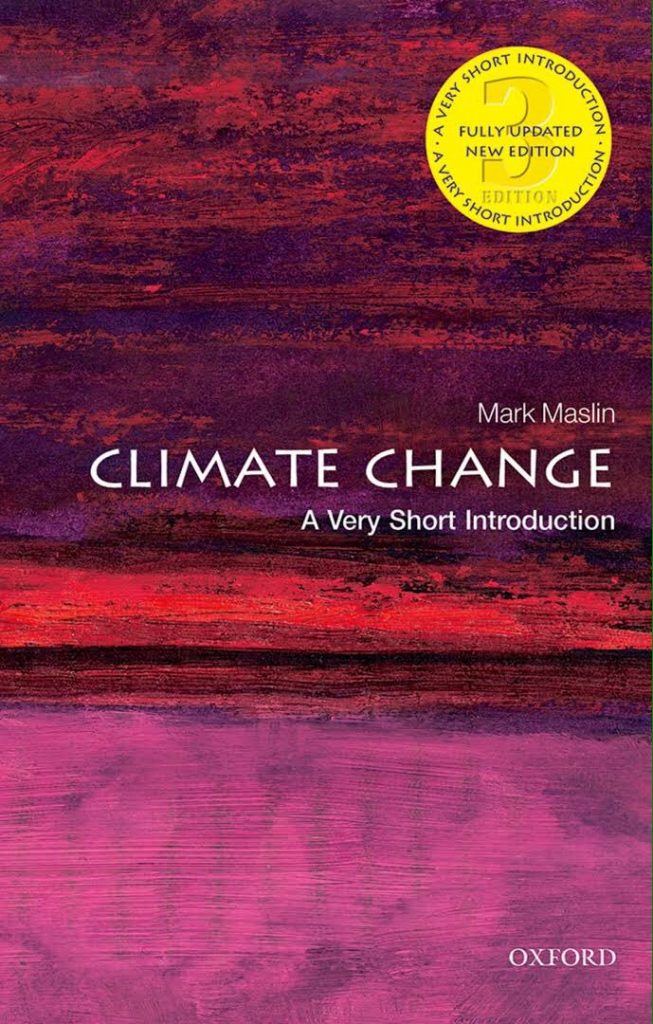 5 / 5
5 / 5
The Economist UK – 22.02.2020
BBC Science Focus – 05.2019
Luxury London – April 2019
New Scientist – 02.02.2019
The TLS – 04.10.2019
British Vogue – 02.2020